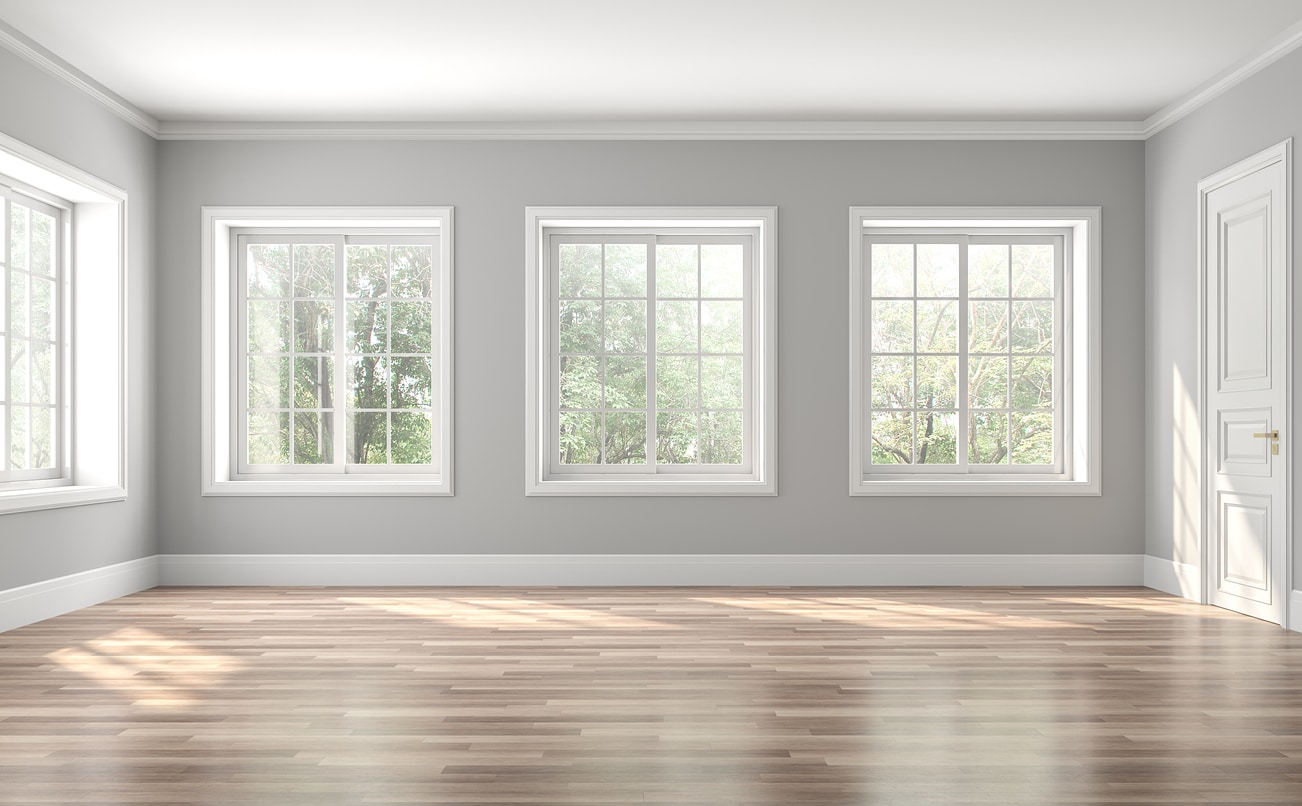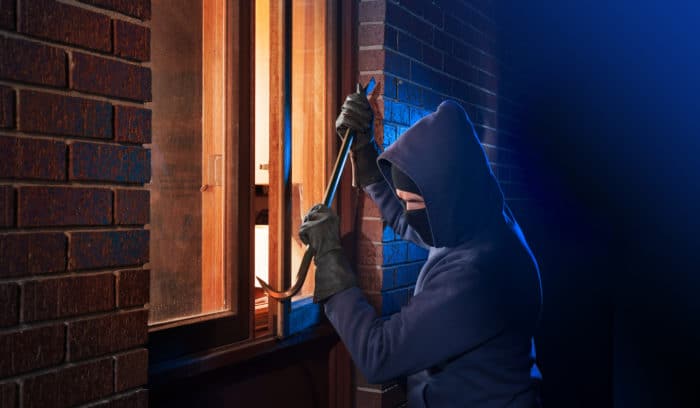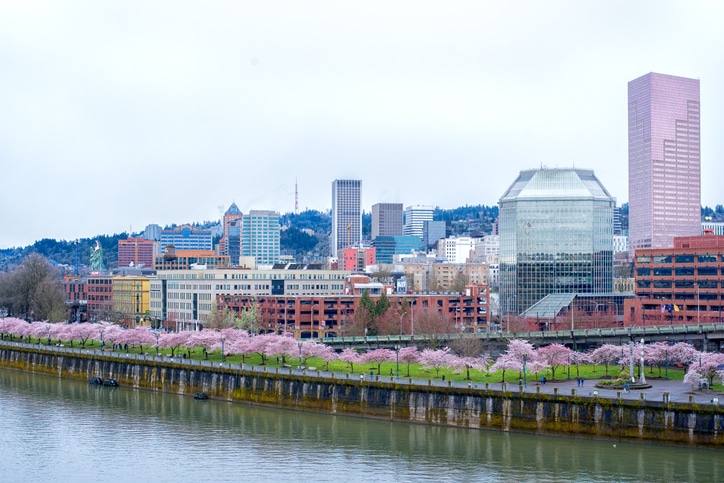5 Things to Know Before Selling a Vacant Home

Leaving your home sitting vacant for any amount of time—even for a short vacation—can be risky. Putting it on the real estate market and having it sit unmonitored, whether you’ve moved across town, out of town, or out of state, is a whole other story. Anything from floods, pests, and crime to broken pipes, water leaks, and gas leaks can change the course of the sale of your home. Now that we’re moving into winter, taking precautions to winterize is a prudent step for any home seller.
According to the most recent RMLS report, homes in the Portland metro area are selling, on average, within 40 days. That’s a pretty quick turnaround, but considering the time it takes to close, your home could be vacant for much longer. Follow these real estate agent-approved tips to keep your vacant home in good shape, no matter how long it sits empty.
1. Prevent Leaks and Damage Before You Leave
- In our experience, the most likely disaster to hit your empty home is a broken pipe or water fixture leading to water damage. The best prevention is to turn off the water to the house. The main shutoff valve is usually in the basement or on an outside wall of the house, near other utilities. Be careful though, shutting off the water can still leave water in the pipes that can freeze if you let the house get too cold. If needed, winterizing can be done by a local contractor, a process where they make sure all the water gets out of your pipes.
- If you choose not to turn off the water main, at least turn off the valves to the washer and dryer.
- Next, if you have a sump pump in your basement, it’s good to make sure it’s working. If water does flow into your home (maybe from a big rainstorm), the sump pump will prevent major damage. To check it, simply pour a bucket of water into the sump pit, and see if the pump turns on.
- If you know your home has a pest or rodent problem, be sure to take care of it before you leave. While you’re away, pests may take advantage of the extra space and run around, chewing holes and causing major damage.
- Finally, don’t forget to turn off the hot water heater and adjust the thermostat to at least 55 degrees. If you have a programmable thermostat, you can set it make the house warmer during the day for showings. Don’t have one? You can pick one up for as little as $30. A small price to pay to protect your vacant home.
The buyer will often want you to turn the water back on before the home inspection and appraiser’s visit, and many real estate sales contracts require you to leave the utilities on from the time the home goes pending until close (check your contract). Keep in mind turning the heat off or on, or turning the water off or on using a valve isn’t the same as turning off the utilities. You can still do this things while the utilities are “on.”
The biggest risk happens with extreme weather or when a home sits vacant for a long time prior to an offer and has big gaps between visitors. Wait and see if the home goes pending quickly, then if it doesn’t, take extra precautions before it sits vacant for too long. Your real estate agent can help keep an eye on things, but they won’t be there in the middle of the night or during an ice storm.

2. Consider Crime in Your Area. To Alarm or Not to Alarm?
Winterizing isn’t the only consideration for a vacant home seller. Potential crime is also an unfortunate reality, but before investing in an alarm, you can do a little low-cost prevention.
- Prune trees and shrubs reduce or remove hiding places for potential criminals.
- Leave curtains in place or install temporary ones to prevent prying eyes from looking in first-floor windows.
- Install exterior motion lights.
- Repair doors and windows that don’t lock properly or use another method to secure windows and sliding doors, like a dowel in the track.
- Arrange to have a car left in the driveway (after photos are taken of course).
If you do want to consider a more expensive security system, do a little research on the property crime history for your neighborhood. There is wide variation in safety across the Portland metro area. A good place to go is the Portland Crime Map, or a site like Neighborhood Scout if your home is outside Portland. This will give you an idea of what kind of crime to prepare for. For example, if there are more vandalisms than actual break-ins in your neighborhood, focus more on outdoor lights, fencing, etc.
Of course, some people will consider a basic alarm system to be a small price to pay for security and peace of mind, especially if your neighbors are also frequently absent and you don’t have someone to check in on the house. There are smart security systems that can also do a little crime prevention for you. For example, smart bulbs can turn interior lights off and on during the evening to make it look like someone’s home, and smart camera systems can send you footage if exterior motion sensors are tripped, indicating that someone is casing the joint.
For more information about Portland crime, read our articles about the Top 5 Safest Portland Suburbs According to the FBI and the Official Portland Crime Maps and Reports.
3. Talk to Your Neighbors and Your Agent
Many home sellers think their real estate agent can protect their vacant house for them. Crime, pests, broken pipes, and gas leaks can happen any time of the night. Agents are not out checking on their listings past midnight, nor can they visit everyday. However, your neighbors (who are close during the night and perhaps everyday) might be willing to help keep an extra eye on the place for you potential prowlers or home issues.
4. Read the Fine Print. Important Note about Home Insurance
If you think your home is covered in case of fire, theft, leaks, or floods during your absence, check the fine print of your homeowners insurance policy. Most don’t cover a vacant or unoccupied property for long (the distinction being that an “unoccupied” property is furnished and ready to live in, but no one is home). Though terms vary, often after 30–120 days of the home being vacant or unoccupied, the policy no longer applies. This means your home won’t be covered in the event of a major catastrophe. So please, check with your insurance company before leaving your home for any significant length of time.
Special insurance policies can be purchased instead of, or as an add-on to, your existing homeowners insurance policy that cover vacant homes. But they generally cost more and not all insurance companies offer them.
If your home is unoccupied, it may be cost effective to hire a house sitter to fill the occupancy requirement of your homeowners insurance policy and give you peace of mind if something goes wrong. The perfect house sitter in a real estate agent’s mind, is one that only shows up late at night and leaves early in the morning, making it easy to show to any potential home buyers during the day.
5. Final Tips When Selling a Vacant Home
As we’ve written about in the past, vacant homes are more likely to sell more quickly than owner-occupied homes. The reason for this is convenience. Home buyers and their agents are busy. When they don’t have to schedule a home showing with the seller, they are more likely to tour the home.
Here are our final tips for making your vacant home a successful sale:
- Clean the home thoroughly and complete minor repairs. With no furniture or art to distract from or camouflage flaws, buyers will hone in on them.
- Minimize tracked-in dirt. Rainy Portland winters can muck up floors pretty quickly. Providing a box of disposable booties at the door for visitors to easily slip over their shoes can go a long way in maintaining the cleanliness and beauty of your home. Large entry mats are another good option to catch dirt before it gets tracked into the house.
- Program the thermostat. We mentioned this earlier as a way to prevent freezing in colder months. It will also keep the home cozy and comfortable, encouraging potential buyers to stick around longer. The longer they’re in your home, the greater chance they’ll fall in love with it and buy it.
- Consider home staging. Depending on the type of home you’re leaving vacant (the larger it is the more likely we will recommend staging) we may recommend staging while you’re away. For more on home staging, read our full article.
Want more home selling tips? Our top 1% sellers agents are here to help. Give us a call, and we’ll give you our best advice about how to protect and sell your vacant home. Our commission rates are reasonable and we have completed over 2,000 local home sales.


